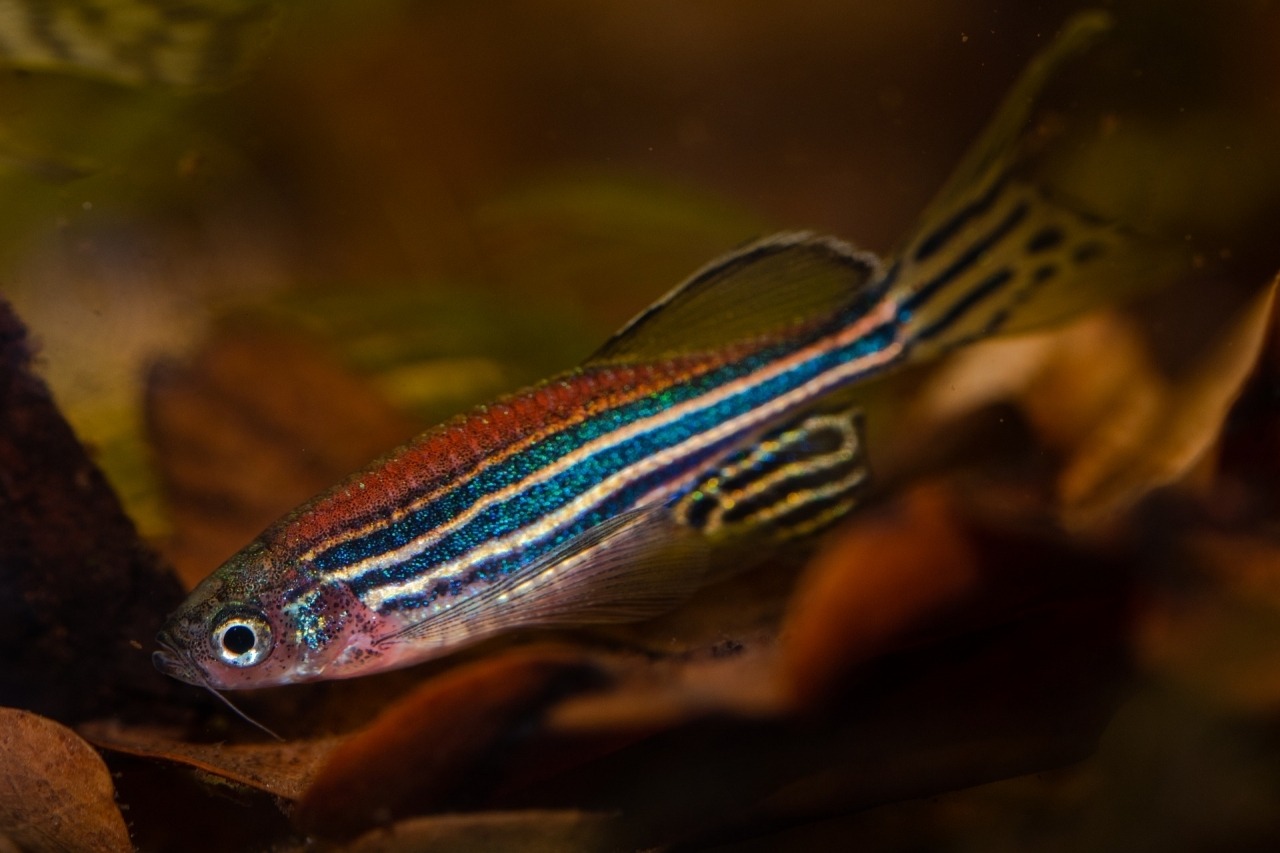

Researcher
Ana Rocha graduated in Zootechnical Ana Rocha graduated in Zootechnical Engineering in 2000 (UTAD, Portugal) and completed her PhD degree in Biological Sciences in 2008 (University of Valencia, Spain). She then performed several post-doc stays at the University of Cologne, the Spanish National Research Council and Uppsala University. Presently, her research aims at developing solutions and tools to improve farmed fish larvae health based on transgenerational immune priming and “in ovo” delivery of immunostimulants.







